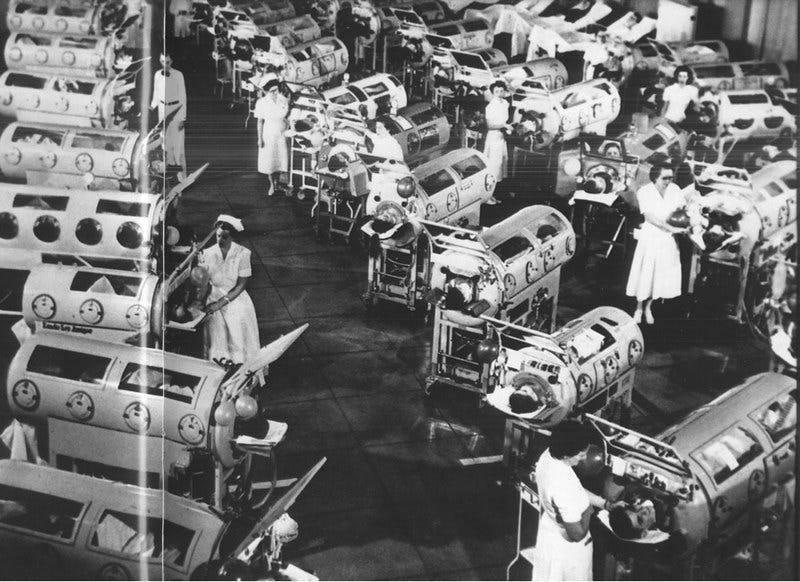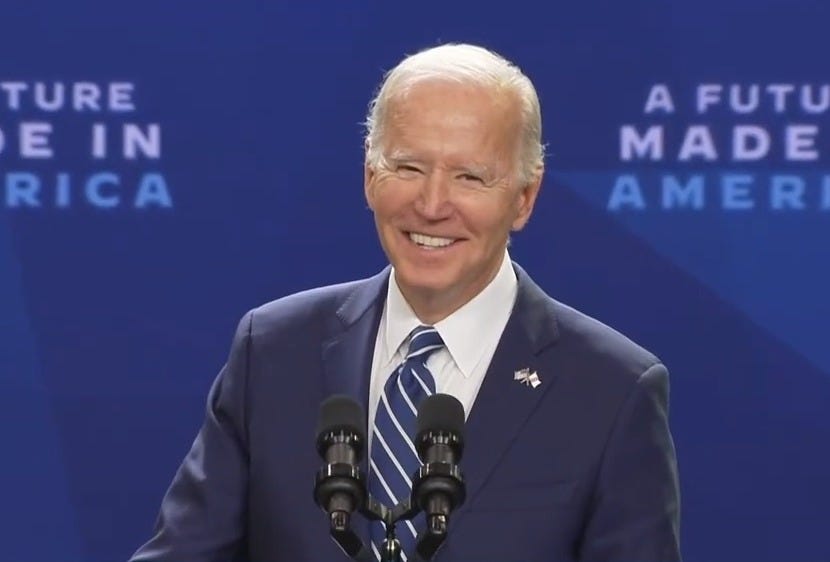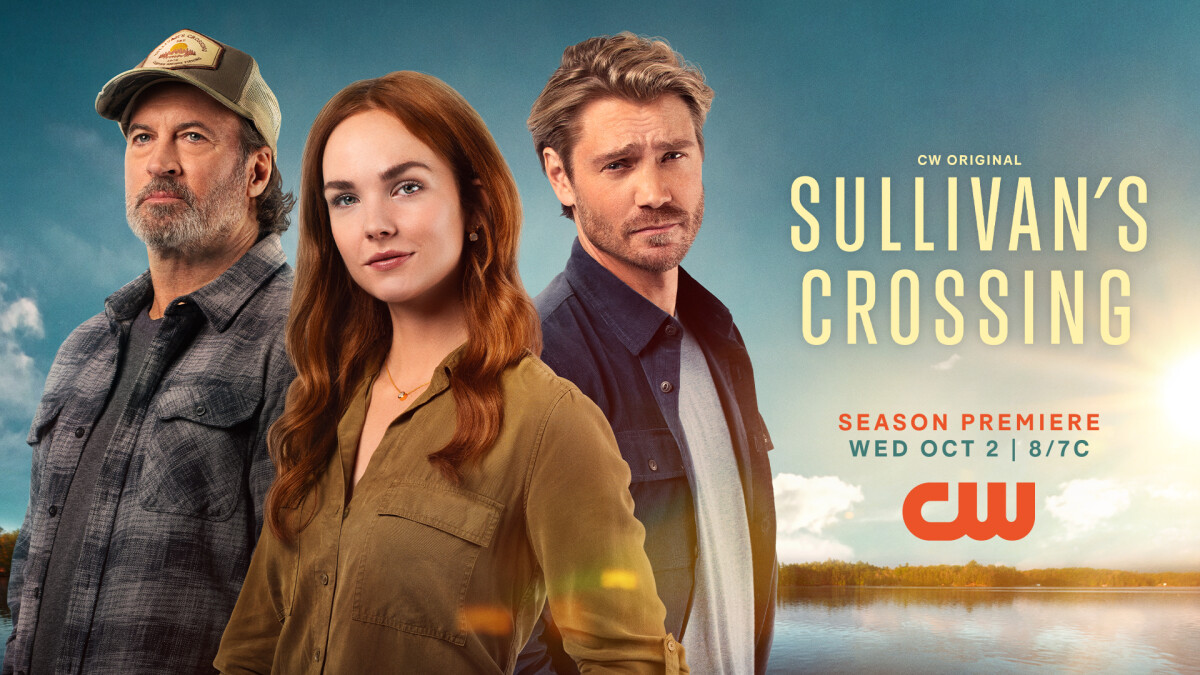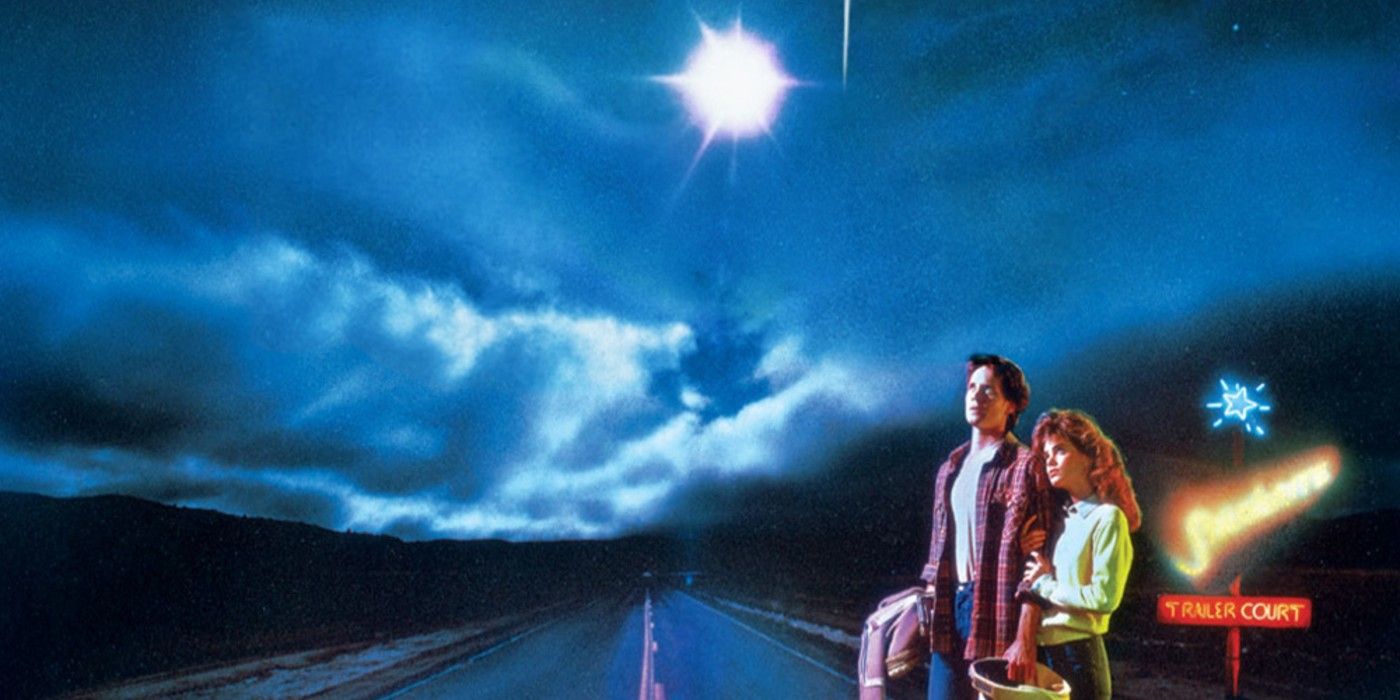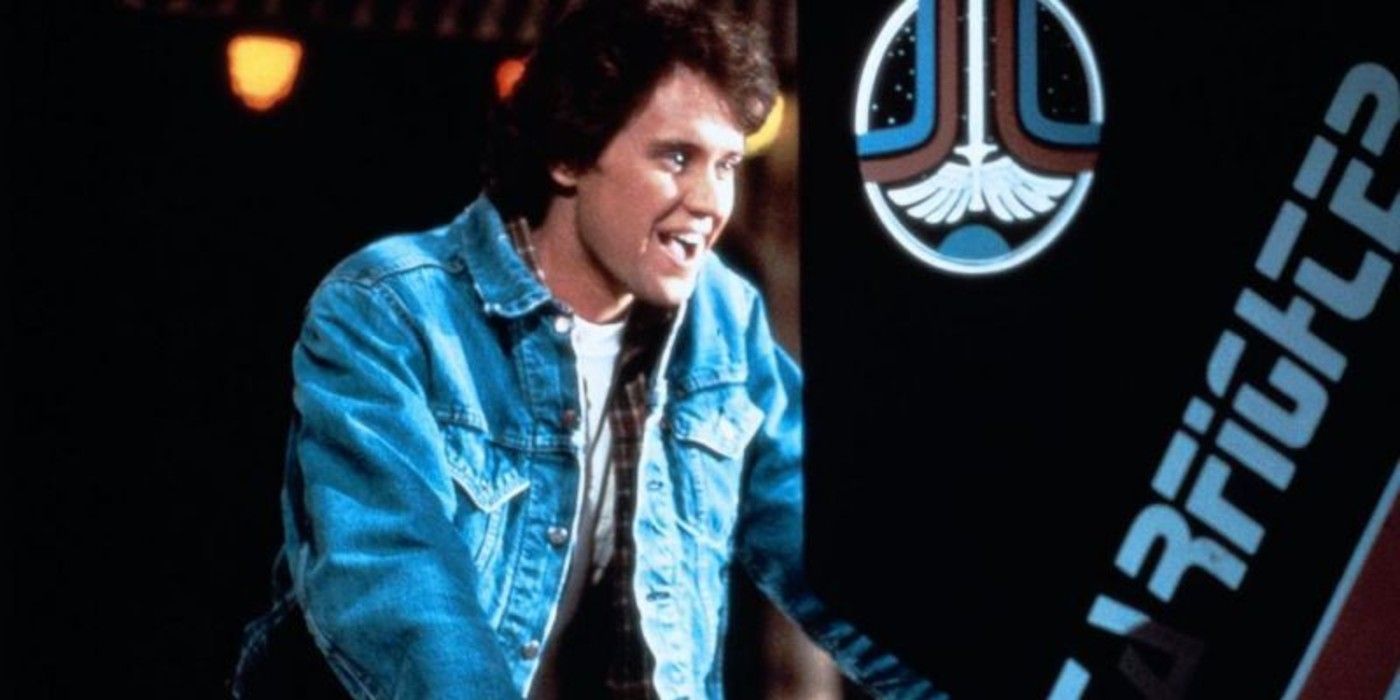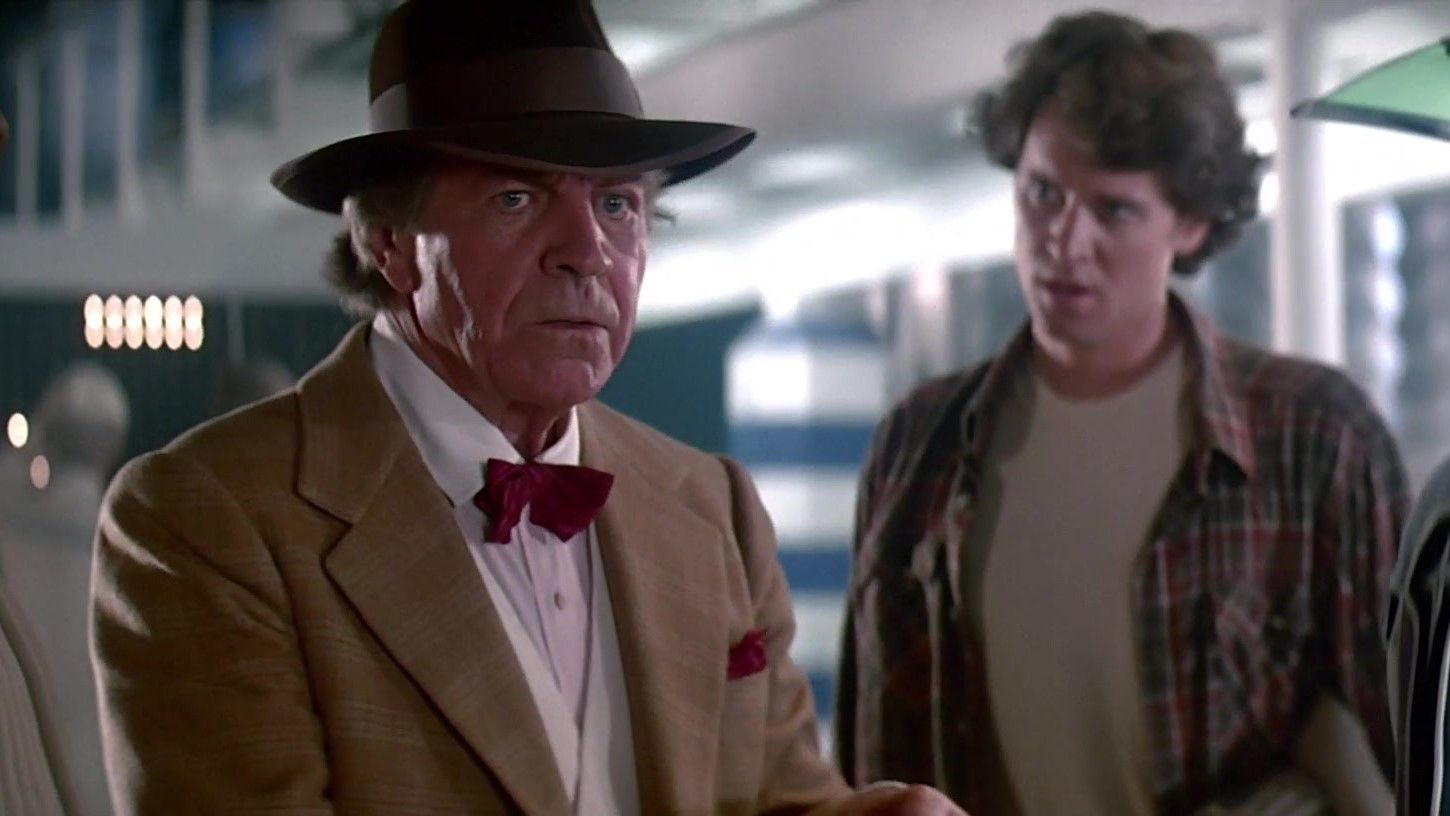The Last Starfighter is a film that fits into multiple categories. It’s one of the first films, alongside the original Tron, to make use of early computer-generated imagery. It’s a video game movie that manages to capture the exhilarating feeling of getting lost in a video game movie — and it’s not even based on a pre-existing video game series! But more importantly, it’s a sci-fi film that takes a long, hard look at the hero’s journey that most protagonists go through and shows why the life of a hero isn’t all it’s cracked up to be.
Most science fiction and fantasy films, including Star Wars and Lord of the Rings, adhere to the storytelling model known as the “Hero’s Journey.” Originally conceived by Joseph Campbell, the Journey follows a hero as they grow into their role, facing trials and tribulations along the way. A number of fictional characters, including Luke Skywalker and Peter Parker, have gone through the Hero’s Journey over the years, and served as role models for a generation of sci-fi fans. The Last Starfighter is unique among sci-fi films in that it takes a sledgehammer to many of the tropes associated with the Hero’s Journey, and the wish fulfillment that comes with the genre.
The film centers on Alex Rogan (Lance Guest), a kid who feels like he’s going nowhere in life. He lives with his mother Jane (Barbara Blossom) and little brother Louis (Chris Hebert) in a trailer park, and in the movie’s opening he finds out that he lost out on a college scholarship that would have been his ticket out of a humdrum existence. The only escape he finds is in the video game “Starfighter,” especially since he’s the highest-scoring player in the game. However, Alex’s world is turned upside down when he learns that “Starfighter” is actually a test to find a pilot worthy to defend the Rylan Frontier against the might of the Xo-Dan Empire. The game’s inventor Centauri (Robert Preston) takes Alex to outer space where he uses his skills to battle the forces of Xo-Dan and the treacherous Rylan Xur (Norman Snow).
One of the very first tropes that The Last Starfighter deconstructs is the mystical abilities a hero is often endowed with in science-fiction and fantasy films. Luke Skywalker can use the Force, Peter Parker gained superpowers from the bite of an irradiated arachnid, and Arthur Pendragon is crowned king because he pulled a magic sword from a stone. Alex, on the other hand, is extremely skilled at video games. That skill turns out to be his “superpower,” as it allows him to pilot the Rylan Gunstar and overcome impossible odds. Other early ’80s films would take a similar path with their protagonists, including Tron and WarGames — both, like The Last Starfighter, feature plots involving video games.
Another trope that The Last Starfighter ends up deconstructing is that of the “wise mentor,” especially when it comes to Centauri. Many sci-fi and fantasy films often have a wise and skilled mentor figure that serves as a teacher to the hero, and often sacrifices themselves at a critical juncture. Obi-Wan Kenobi, Gandalf the Grey and Professor Charles Xavier have all stepped into this role, but Centauri is different. He’s extremely savvy about human culture, and often has a cutting remark for every situation. Perhaps one of the most hilarious moments comes when Alex asks to be taken home, Centauri mutters in response, “I invent the game, find the kid, drag him up there, and he doesn’t want to be a Starfighter, I give up!” He also survives a near-death experience, returning to support Alex.
Alex shying away from being a hero is an unexpected turn, but one that makes the film stand out from its predecessors, and those that came after. He’s understandably freaked out when he learns the video game he’s been playing is actually based on a real-life conflict, and it only grows worse when he pilots the Gunstar for the first time. Many sci-fi films depicted their hero’s rise to power as a wonderful thing, showing that they — and by extension, the audience — don’t have to be stuck in a dead-end existence. Alex, on the other hand, is resigned to life in the trailer park when the movie starts. Other people have to convince him to step up and use his skills for good, including Centuari. When Alex says that he’s just a kid in a trailer park, Centauri retorts: “If that’s what you think, then that’s all you’ll ever be!” Eventually, Alex does accept his title as a Starfighter and even convinces his girlfriend Maggie (Catherine Mary Stewart) to join him.
The film also manages to live up to its title when the Starfighters’ forces are decimated, leaving only Alex and his co-pilot Grig (Dan O’Herlihy) alongside a singular Gunstar. It’s become tradition for nearly every science-fiction story to have a moment where the hero gathers his forces to combat evil. Who could forget the infamous “Portals” scene from Avengers: Endgame, or the run on the Death Star in Star Wars: A New Hope? Here, there’s no calvary, no last-minute deus ex machina. Alex has nothing but Grig and his video game skills to save the day, which adds a fair amount of tension to the final battle. There’s no telling whether or not he’ll win.
And while Alex does manage to destroy the Ko-Dan mothership, Xur escapes at the last minute. The villain escaping scot-free at the end of a science-fiction movie was unheard of; even Darth Vader, who survived the first Death Star’s explosion, met his end in Star Wars: Return of the Jedi. Xur, on the other hand, is alive and still seeks the fall of the Rylan frontier. And after over 30 years since The Last Starfighter‘s release, a sequel may be on the way as Gary Whitta and Jonathan Betuel, who penned the original screenplay for The Last Starfighter, developed a treatment for a potential sequel titled The Last Starfighters. Whitta is no stranger to playing around with genre, as he co-wrote Rogue One: A Star Wars Story, a Star Wars film that showed the grittier side of the war between the Rebel Alliance and the Galactic Empire. Should Whitta and Betuel’s sequel idea come to life, fans of the original film can expect more unconventional takes on the standard sci-fi adventure tropes.











